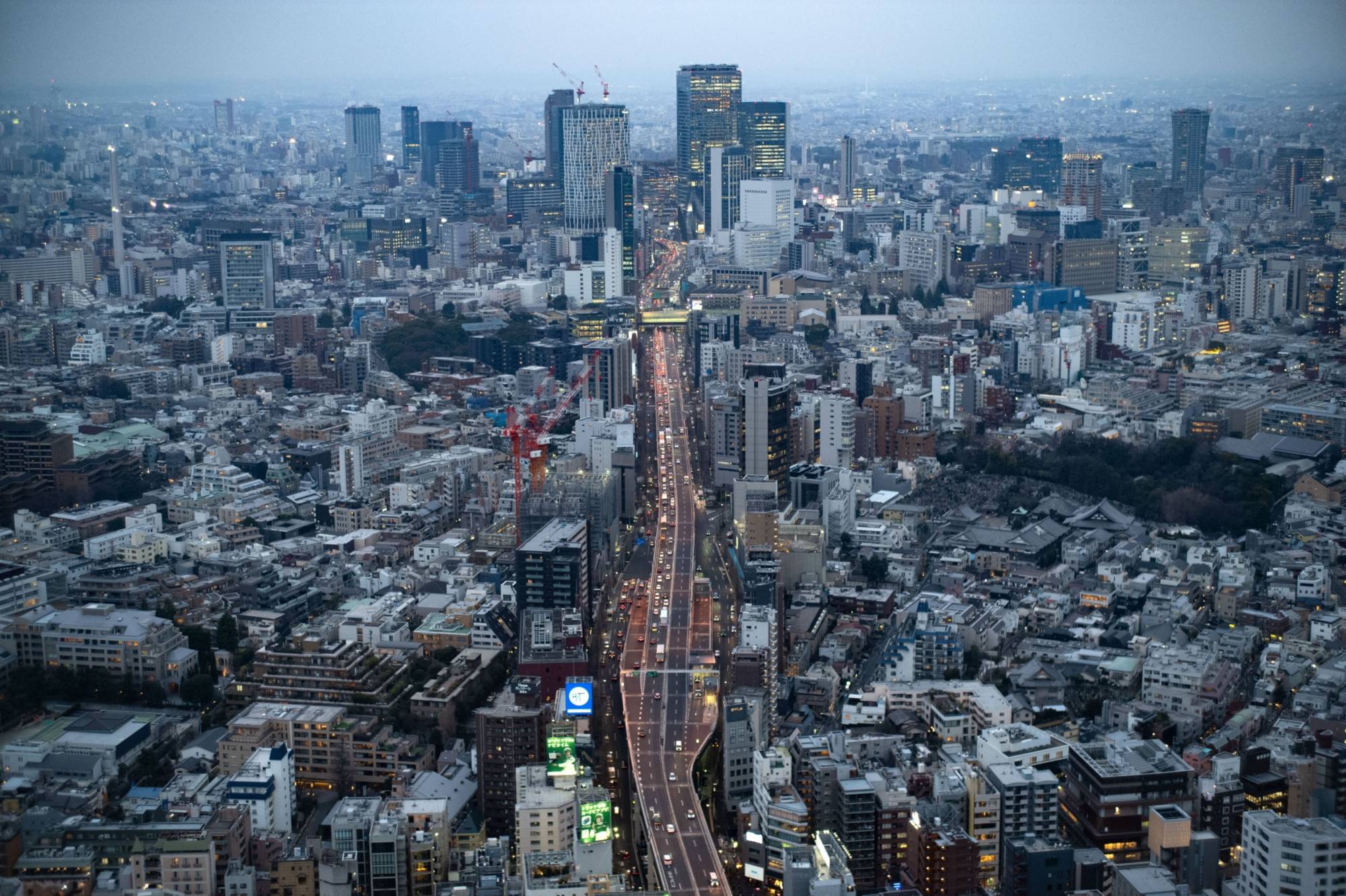Then-Prime Minister Shinzo Abe stood in front of the cameras in 2014 and said he was going to shake up the staid ways companies operated in Japan. It was a tall order. Shellshocked by years of economic malaise that followed the bubble of the 1980s, Japanese executives had clung to the status quo for years. Raises for employees and returns for shareholders were scarce. The consequence was an economy that barely grew.
Now, there are signs of a significant shift in how the country’s corporations are run, changes that are helping to breathe life into the economy. In recent months, Canon shareholders have demanded a diverse board of directors, Citizen Watch has said it would buy back up to one-quarter of its shares, and the owner of Uniqlo has promised its workers raises of up to 40%. The Tokyo Stock Exchange has implored companies to be "conscious” of their share prices.
Mix in a surprisingly solid economy this year, a weak currency, ultralow interest rates — while many of the world’s biggest economies are raising them — and a plug from Warren Buffett and you have the world’s best performing major stock market.
















With your current subscription plan you can comment on stories. However, before writing your first comment, please create a display name in the Profile section of your subscriber account page.